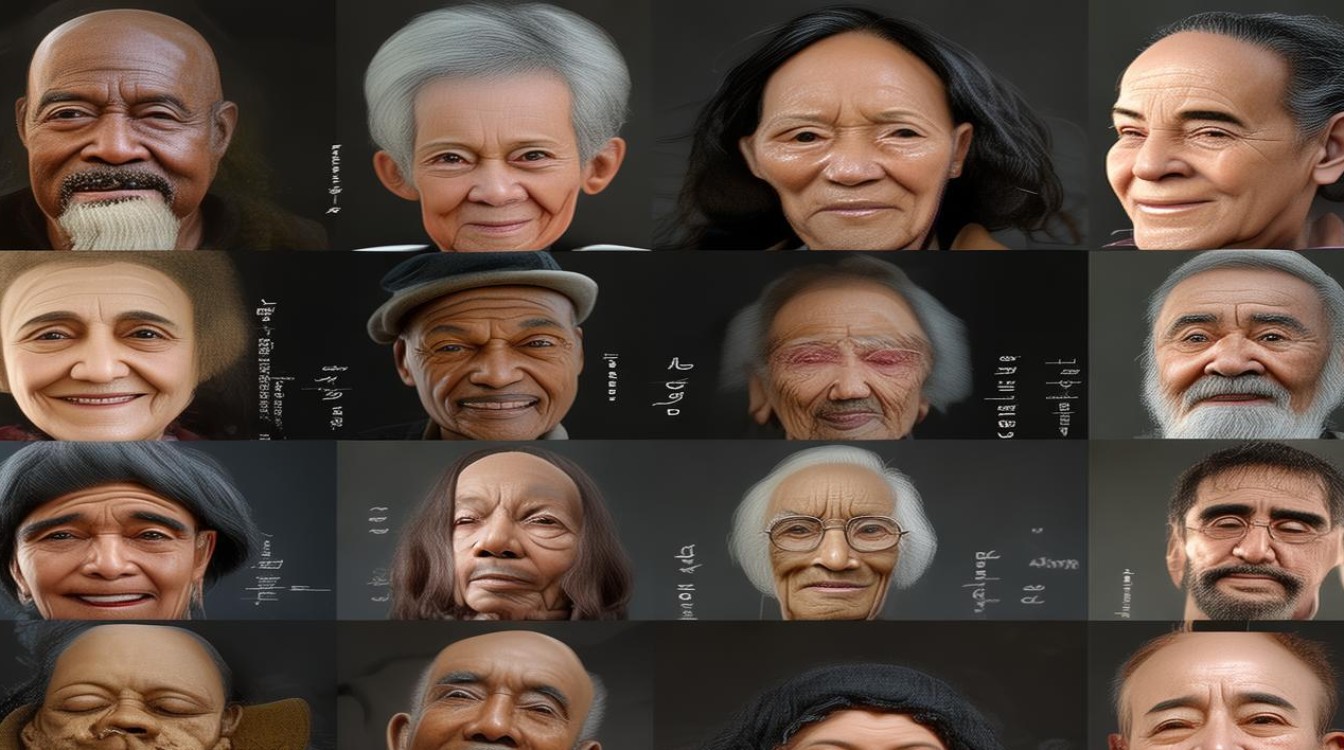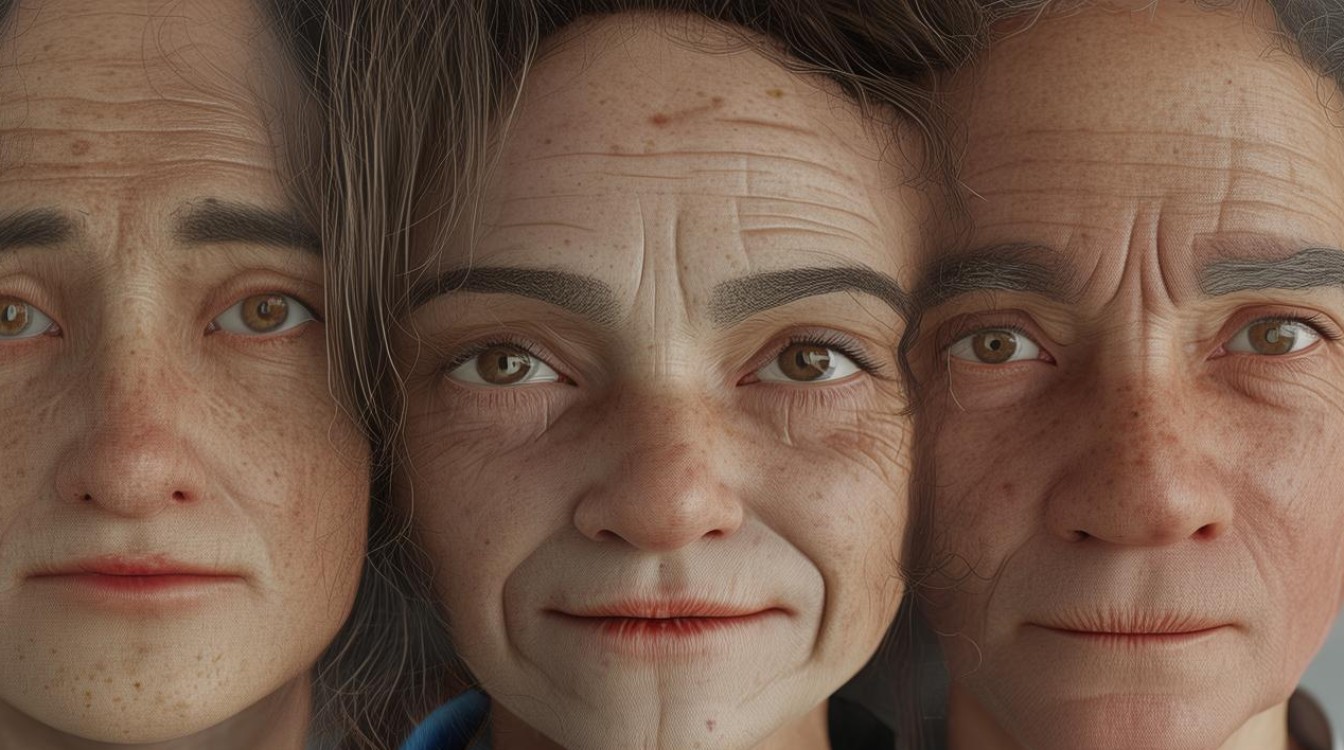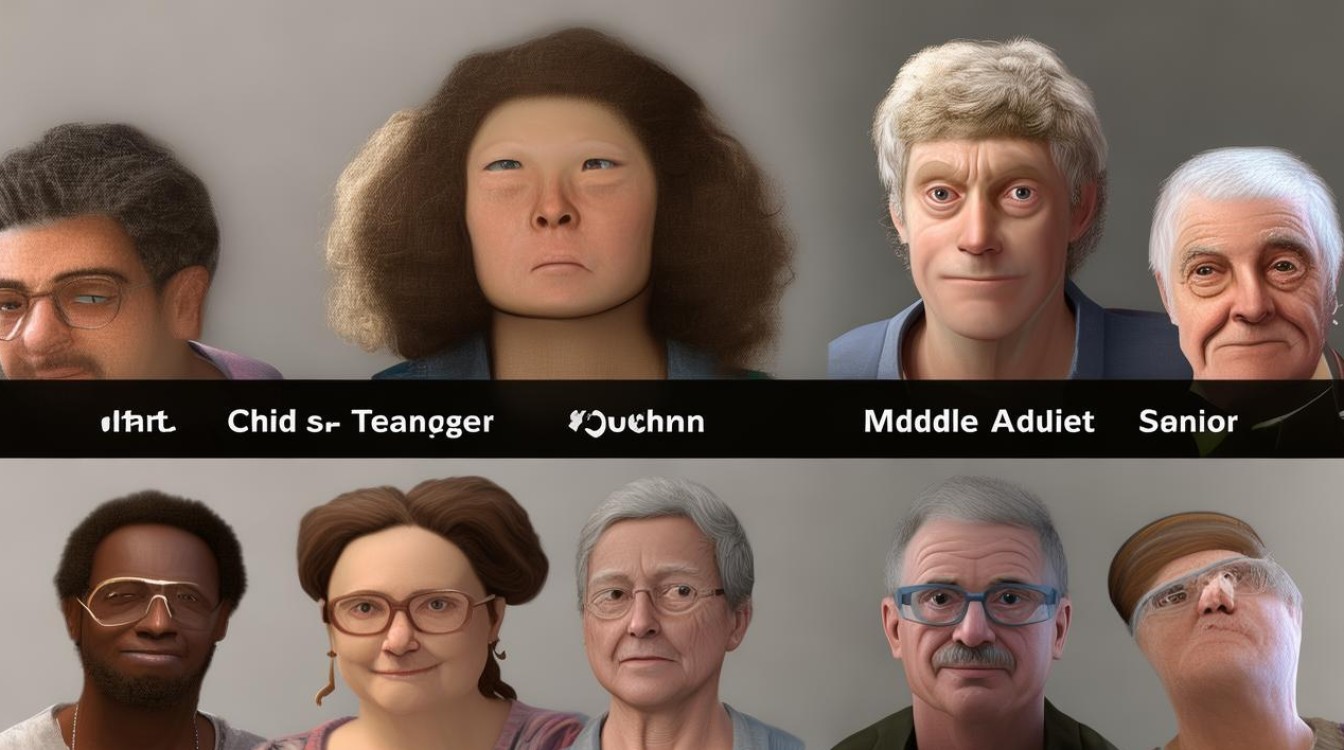Age is a universal concept, yet the English language offers a rich variety of terms to describe different stages of life. Whether you're writing a character description, crafting a biography, or simply expanding your vocabulary, knowing these words can add precision and nuance to your language. Below is a detailed exploration of English words that describe age, categorized by life stages.

Infancy and Childhood
- Newborn – Refers to a baby just born, typically within the first few weeks of life.
- Infant – A child under one year old, often unable to walk or talk.
- Toddler – A young child between one and three years old, learning to walk and speak.
- Preschooler – A child aged three to five, not yet in formal schooling.
- School-age child – Generally refers to children between five and twelve years old.
These terms help distinguish developmental milestones in early life.
Adolescence and Young Adulthood
- Preteen – A child between nine and twelve, approaching adolescence.
- Teenager – Someone aged thirteen to nineteen, undergoing significant physical and emotional changes.
- Adolescent – A broader term for teenagers, emphasizing the transition from childhood to adulthood.
- Young adult – Typically refers to individuals in their late teens to early twenties, often associated with independence and career beginnings.
This phase is marked by growth, exploration, and identity formation.
Adulthood
- Adult – A fully grown person, usually over eighteen or twenty-one, depending on legal definitions.
- Middle-aged – Generally describes people between forty and sixty, often associated with career stability and family life.
- Prime – Refers to the peak of physical or professional ability, usually in one’s thirties or forties.
Adulthood encompasses responsibility, career development, and personal achievements.

Senior Years
- Elderly – A respectful term for older individuals, often past retirement age.
- Senior citizen – A polite way to describe someone aged sixty-five or older.
- Octogenarian – A person in their eighties.
- Nonagenarian – Someone in their nineties.
- Centenarian – A rare term for a person who has reached one hundred years.
These words acknowledge wisdom, experience, and longevity.
Descriptive Terms for Age
Beyond specific age ranges, English includes words that describe age-related traits:
- Youthful – Appearing or behaving young, regardless of actual age.
- Aged – Showing signs of advanced age.
- Venerable – Commanding respect due to age and wisdom.
- Spry – An older person who remains active and energetic.
- Long-lived – Having an unusually long lifespan.
Cultural and Contextual Considerations
Some terms carry different connotations. For example:

- "Elderly" may sound formal but respectful.
- "Old" can be neutral or negative depending on tone.
- "Young at heart" suggests a lively spirit despite age.
When writing or speaking, choose words that match the intended tone—whether formal, casual, or affectionate.
Common Mistakes to Avoid
- Using "elderly" for someone who is merely middle-aged may offend.
- Describing a "young adult" as a "teenager" can feel dismissive.
- Overusing "old" without context may seem insensitive.
Instead, opt for precise terms that reflect the person’s life stage accurately.
Final Thoughts
Language evolves, and so do the ways we describe age. Whether you’re a writer, student, or curious learner, mastering these terms enhances communication. The right word can convey respect, clarity, and depth—making descriptions more vivid and meaningful.

By understanding these distinctions, you’ll navigate conversations and writing with greater confidence and sensitivity.

